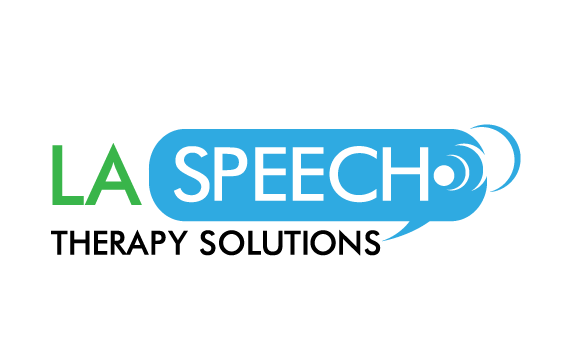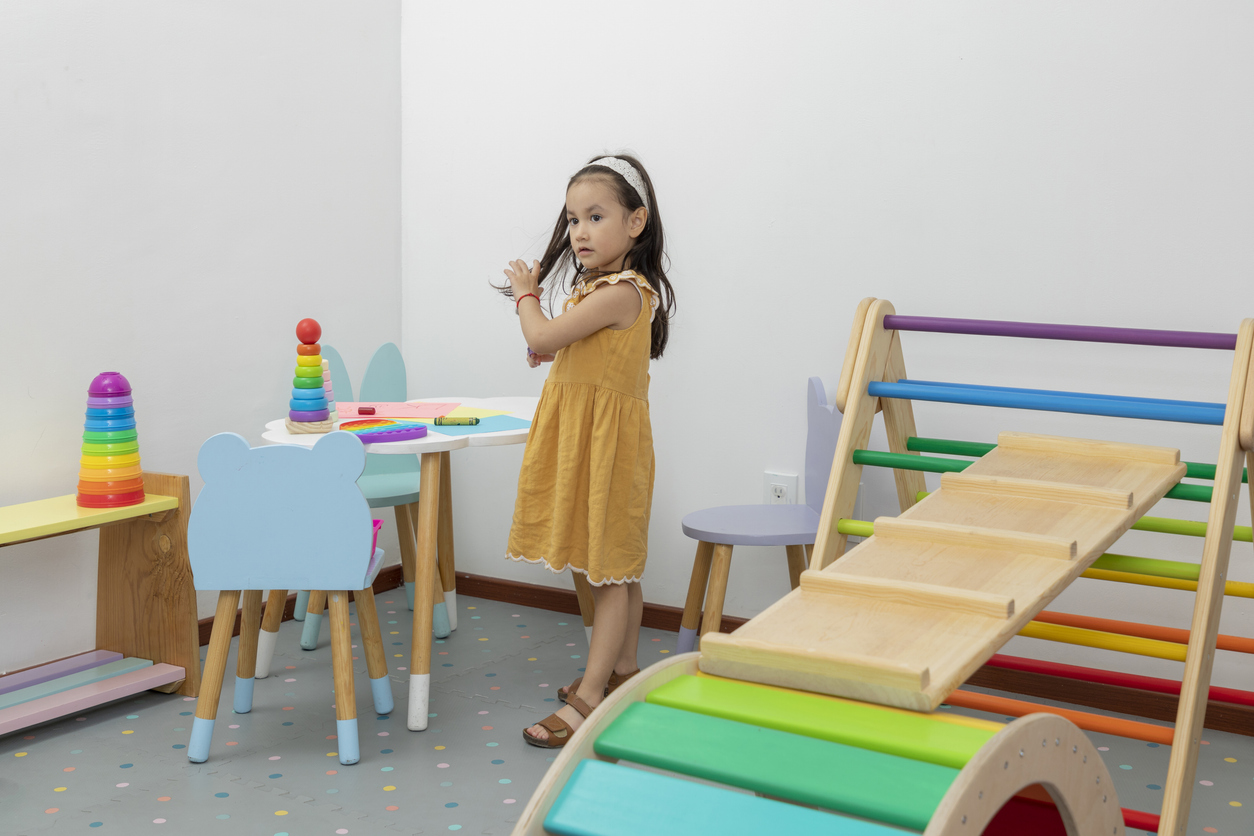
Many children, typically between the ages of 2 and 5, go through a stage of stuttering. Stuttering is a form of dysfluency, which causes an interruption in the flow of speech. It is characterized by the repetition of syllables, words, and phrases; prolongation of sounds; or interruptions of speech, which are known as ‘blocks.’
While stuttering goes away for many children by the age of 5, there are other children who experience stuttering for a longer time. However, there are many effective treatments that can help your child overcome their stuttering.
What is the Main Cause of Stuttering?
There have been many studies surrounding the causes of stuttering, but numerous doctors and scientists aren’t entirely sure of what causes it. Most believe that there are a few contributing factors, including the way the brain interacts with the muscles and body parts that are needed in order to speak.
Additionally, many doctors and scientists believe that stuttering may be genetic. Children that experience stuttering are three times more likely to have a family member who stutters or stuttered at one point in their life.
How Do I Know If My Child is Stuttering?
There are a few signs of stuttering that can be hard to miss. Symptoms of stuttering include:
- Difficulty beginning a word, sentence or phrase
- Repetition of syllables, words, and phrases
- Prolongation of sounds or words
- Interruptions of speech, known as ‘blocks’
- Addings sounds like ‘um’ or ‘uh’ before beginning the next word
In addition, there are a few other signs of stuttering that you may notice if your child stutters:
- Twitching of the lips and/jaw
- Facial movements tightening
- Clenching fists
- Rapid or sudden blinking
- Sudden movement or jerking of the head
How Can Parents Help With Stuttering?
There are many helpful tips that parents can use to help their child with stuttering, including:
Reduce your rate of speech
It is important to reduce your rate of speech when speaking to your child, pausing frequently and even waiting a few seconds to respond after your child is done speaking. Using a relaxed speech is much more effective than telling your child to “slow down.”
Reduce the number of questions you ask at a time
Oftentimes, when reading, playing, or showing something to your child, it’s easy to fall into the role of ‘teacher,’ and as a result, you want to ask them questions to test their knowledge. However, an alternative way to interact with your child is to make comments as well, so you have an even balance of both questions and comments. This is because when you ask too many questions in one succession, your child is likely to want to respond rapidly and accurately. However, when incorporating statements starting with “I wonder” or “I think,” it provides a more conversational manner.
Decrease the complexity of speech
Most often, children copy the language and vocabulary of their parents. When communicating with your child, it is helpful to reduce the complexity of your language, as well as sentence length. As a result, it makes for a less demanding or stressful speaking experience.
Don’t interrupt your child
It is always best not to interrupt your child while they’re speaking to tell them to “slow down,” “start over,” or “think before speaking.” It is important that your child feels comfortable when communicating, so he does not get frustrated, as it is much easier to talk without interruptions.
Provide a calm environment in the home
It is a good idea to set up a calm environment in the home. By slowing down the pace of family life, it can be helpful in creating a calm environment for your child, used in conjunction with other helpful tips mentioned.
Maintain eye contact with your child
Another important tip is to maintain eye contact with your child while he is speaking. It is best to give your child your full attention while he is speaking. However, this doesn’t mean that you need to drop everything you’re doing each time he speaks, but show him that you are really listening.
Does Stuttering Go Away?
For about 75-80% of children between the ages of 18 months and 5 years, stuttering will stop without speech therapy within 12-24 months. If your child has been stuttering for longer than 6 months, then he may be less likely to outgrow stuttering on his own. If your child has been stuttering for longer than 12 months, then there is an even smaller chance of him outgrowing it on his own.
If your child has the tendency to stutter, feel free to contact our team at LA Speech Therapy Solutions.
Contact Our Speech Therapy Specialist
At LA Speech Therapy Solutions, our team has over 20 years of experience in providing the highest level of service to children and their families. If you believe that your child has developed a stutter, feel free to contact us to schedule a consultation with a speech therapy specialist that is highly experienced in helping children overcome their stuttering.
Whether your child is having difficulty beginning a word, sentence or phrase; repeating syllables, words and phrases; prolonging sounds or words; experiencing interruptions in speech; addings sounds like ‘um’ or ‘uh’ before beginning the next word; or the like, we can help your child communicate smoothly with ease and confidence.
Feel free to contact us to schedule a consultation with one of our experts at LA Speech Therapy Solutions to get the best help that your child deserves.





